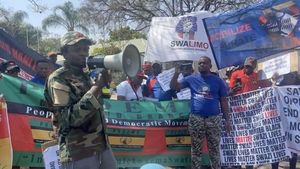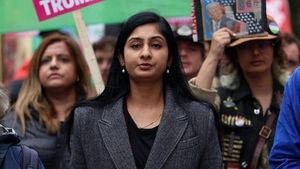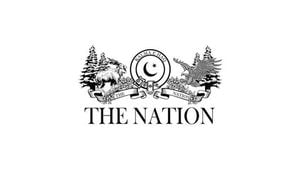Algeria is grappling with significant economic challenges, which have become increasingly pronounced following the downturn of global oil prices and the economic ramifications of the COVID-19 pandemic. The oil-rich nation, traditionally reliant on hydrocarbons for its economic stability, has been jolted from its long-standing economic routine, pushing the government to contemplate substantial reforms aimed at diversifying the economy.
According to the Algerian Minister of Finance, "The government's initiatives are intended to reduce dependence on hydrocarbons and stimulate the private sector," as reported by Algiers Times. These reforms, initiated as early as 2020, aim not only to stabilize the economy but also to encourage local and foreign investment, promoting a more balanced economic framework beyond oil and gas exports.
At the heart of these reforms lies the recognition of the foundational role of the oil sector. The hydrocarbons sector has long been the backbone of Algeria’s economy, accounting for over 90 percent of the country’s exports. This overwhelming reliance on oil revenues has made Algeria particularly vulnerable to price fluctuations, which were starkly felt during recent global economic shifts. With oil prices plummeting, the government has found itself compelled to rethink its economic strategy.
On the other hand, jobs and economic opportunities for citizens remain severely limited as the economy struggles to adapt. Many citizens have expressed skepticism about the government's push for reform. An economist, commenting on the situation, noted, "Many citizens remain skeptical about the efficiency of these reforms and their long-term impacts," reported by Algeria Press Service. This skepticism arises from past failures of reform efforts, which often fell short of tangible benefits for the average person.
There’s widespread concern about whether the reforms can effectively spur the much-needed diversification of the economy. The Algerian government has proposed initiatives to promote sectors such as agriculture, technology, and tourism. Yet, many locals fear these efforts may not be sufficient to make the necessary transitions away from hydrocarbon reliance.
Businesses, particularly smaller enterprises, are caught between embracing potential new pathways offered by government reforms and the looming uncertainty inherent to such changes. Political instability and unpredictability have historically hampered economic progress in the region. For these businesses, the stakes are high, and the need for clear and supportive policies is urgent.
Despite these challenges, there are signs of optimism. Some initiatives launched by the government include significant tax reforms and easing of regulations intended to attract foreign investment, which could potentially inject new life and energy back to the economy. Still, the efficacy of these reforms is contingent upon their actual implementation and the response from the Algerian populace.
International markets are also watching closely. Algeria’s efforts to mitigate its heavy oil dependency can offer lessons to other oil-rich nations facing similar predicaments influenced by price volatility, shifting energy paradigms, and climate change concerns. The country is at a pivotal moment, trying to navigate its path forward amid pressing global economic pressures.
The Algerian government recognizes the mountain it must climb—a task complicated by ingrained economic practices and societal expectations. While the aspirations to convert to a more diversified economy are laudable, Algeria's true test lies within the execution of these reforms and its ability to convince skeptical citizens of their necessity.
Only time will reveal the effectiveness of Algeria’s plans. The deep-rooted apprehension reflected by its citizens could mean reforms face considerable resistance, and without proper engagement and transparent action from the government, Algeria may find itself stuck at the crossroads it currently occupies.



